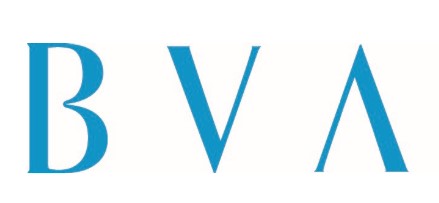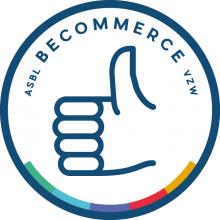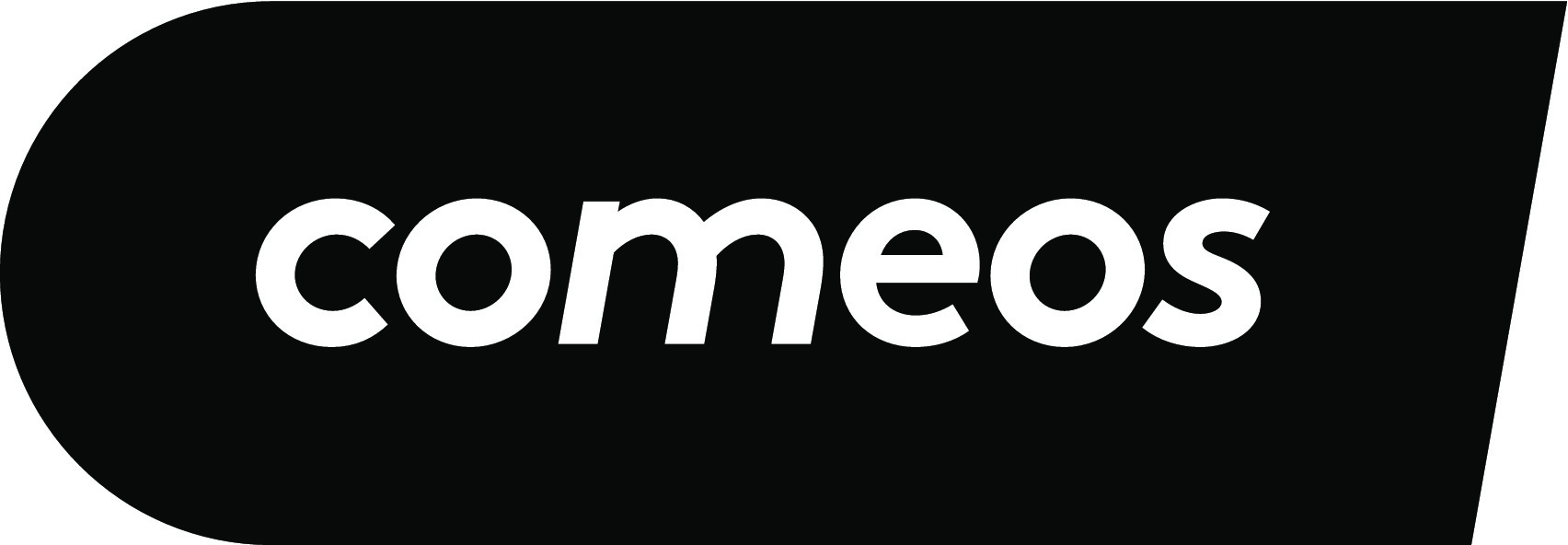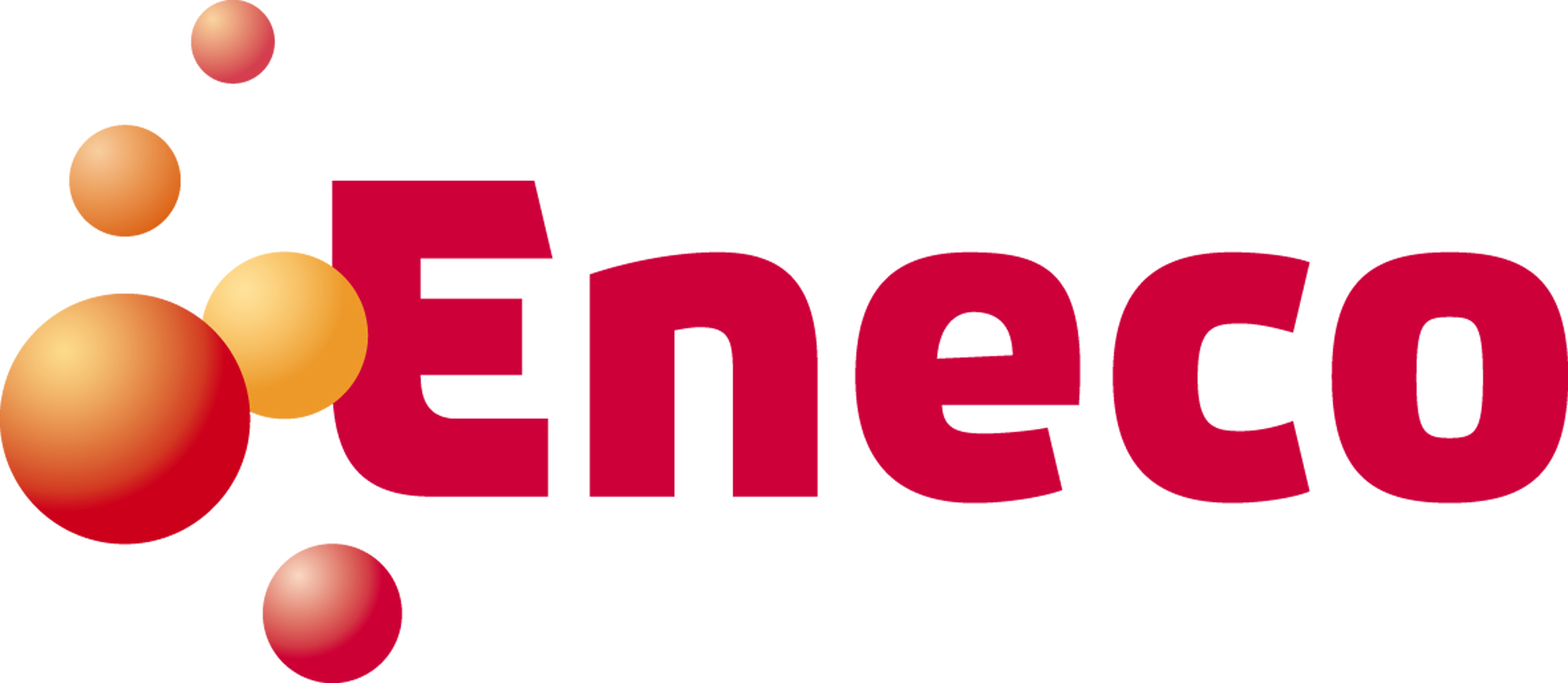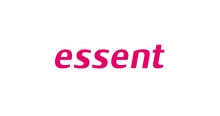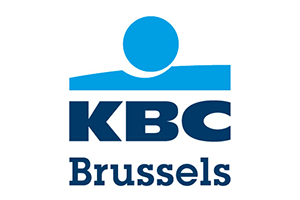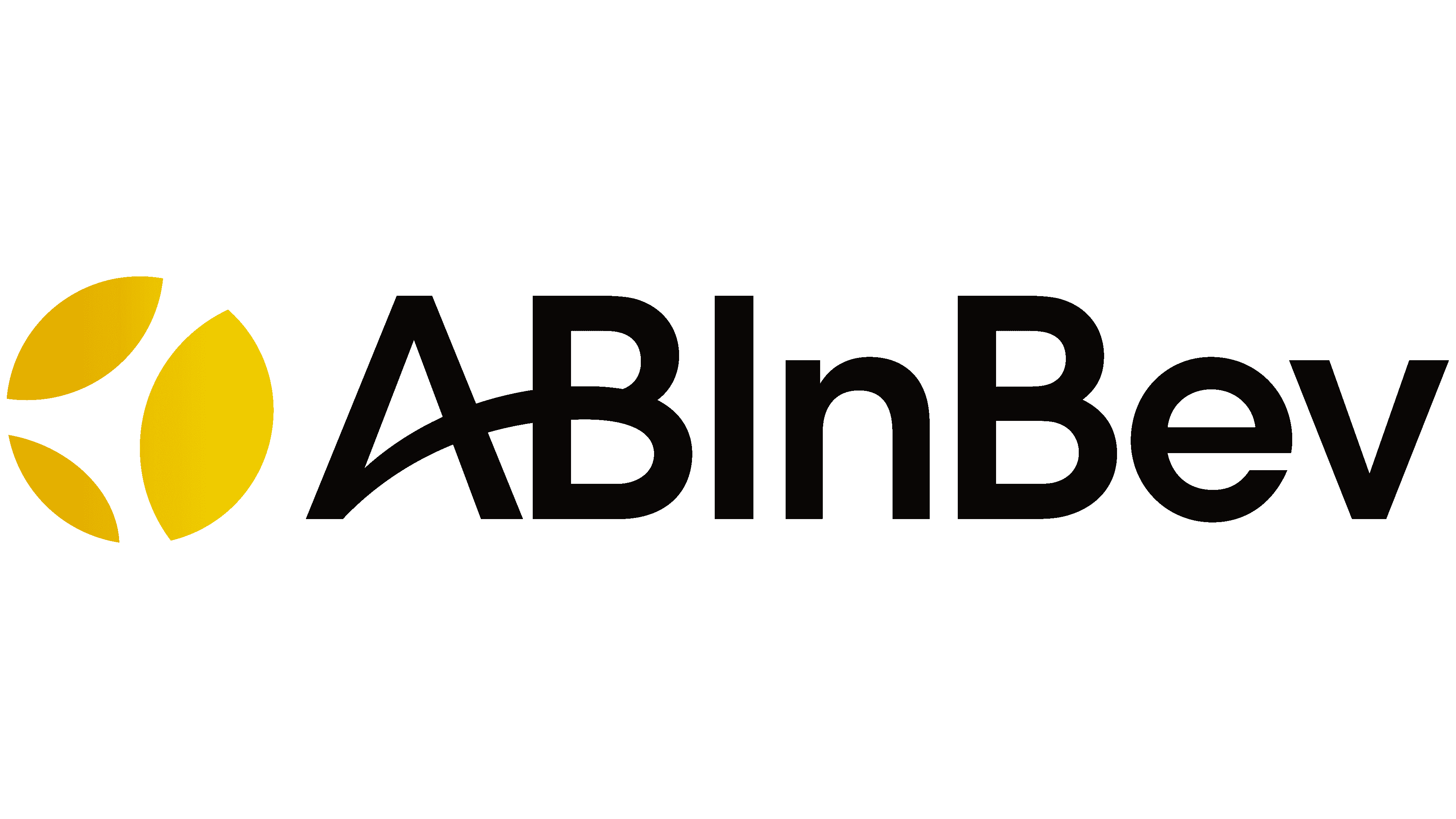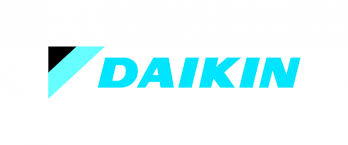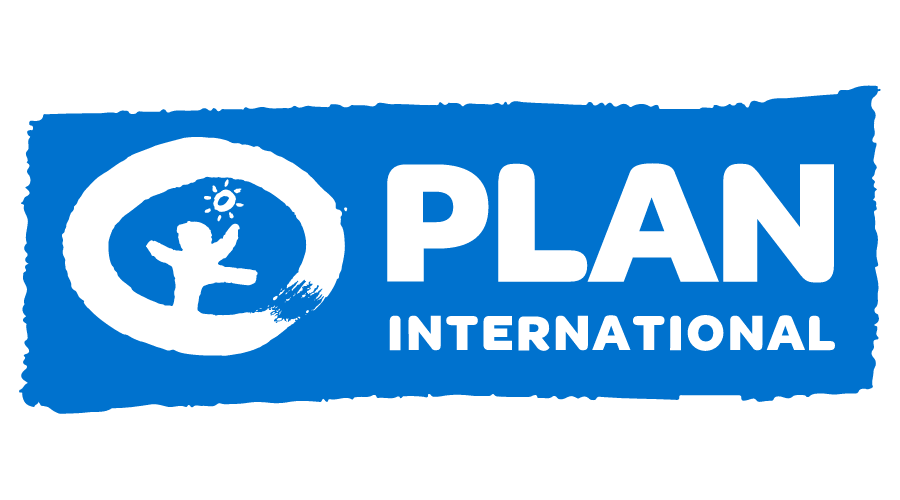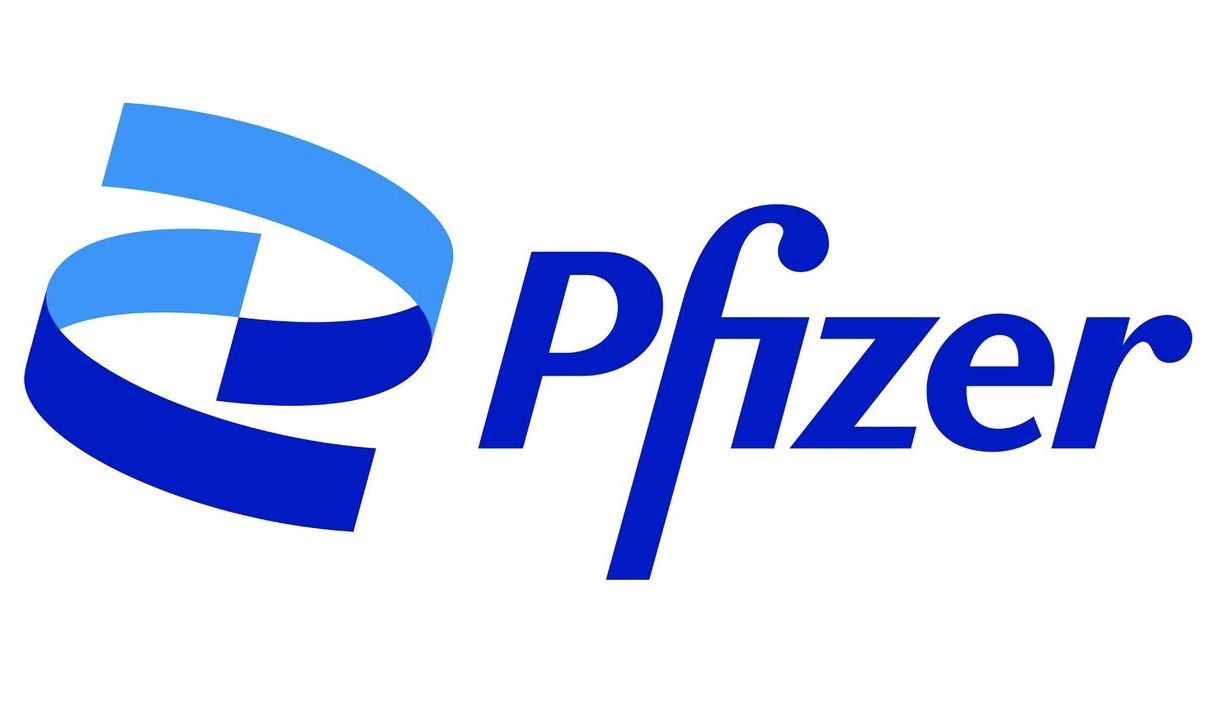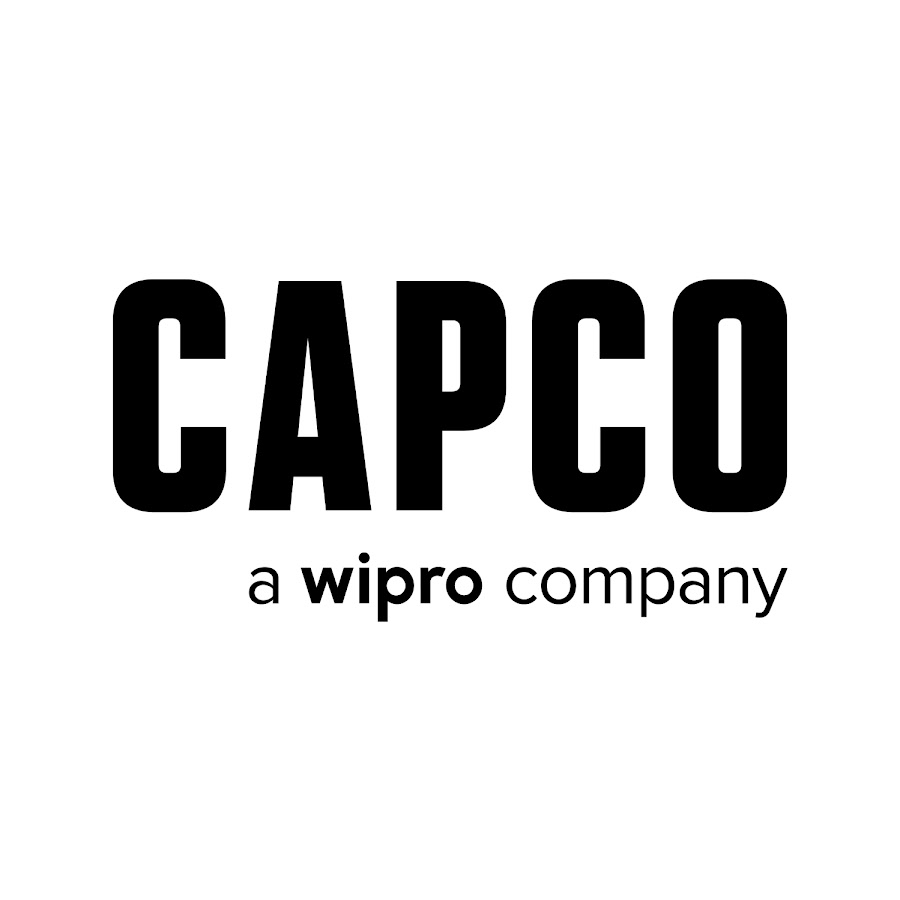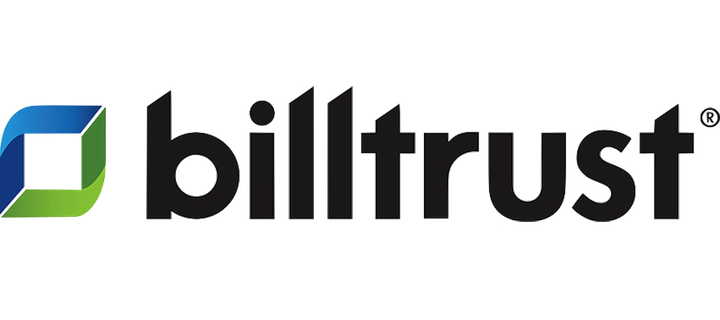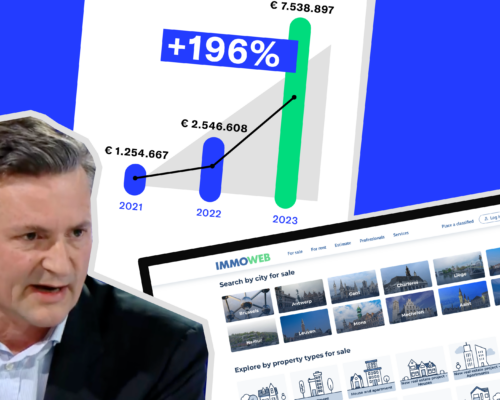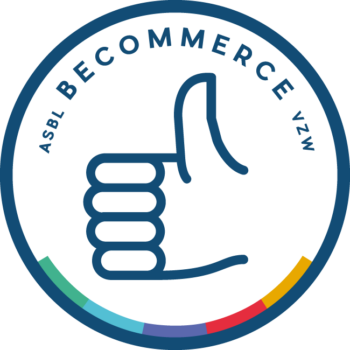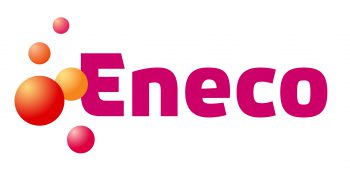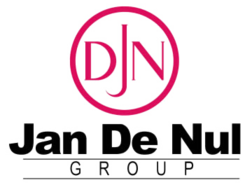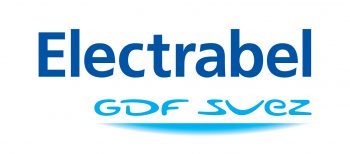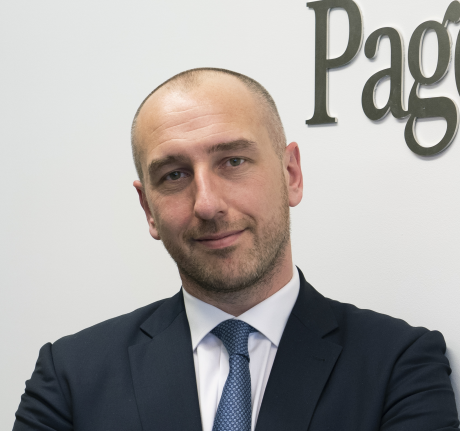Too easy to forget 🙂 media visibility ≠ success of your venture… #bmgen — Alex Osterwalder (@AlexOsterwalder) August 13, 2013
I had this conversation on Twitter with Alexander Osterwalder, the co-inventor of the business model canvas. It’s not that he’s wrong: of course you can’t equal business success to media visibility, or the other way around. Being in TechCrunch will not make your startup succeed.
On the other hand, I feel a lot of the advice to startup founders about PR is very one dimensional, because it so often stays stuck in the truism that “getting your startup in TechCrunch doesn’t guarantee success”. I don’t think any PR professional would claim otherwise.
Let’s look at why being in TechCrunch will not guarantee business success:
- because anyone can score a one off in a medium, and the audience is aware of that. You can fool some of the people all the time, and all of the gatekeepers at TechCrunch at least once
- because although you and your startup peers might read it religiously TechCrunch is probably not the outlet that is read by your target audience
Having said that, being in TechCrunch is still a nice PR win for a startup, that will give your credibility a nice little boost, and might help you score a few quick wins that your startup might need at this very moment, like getting a top developer, designer, or a VC to sign on the dotted line.
It also tells you (in true ‘lean’ fashion) that at least some parts of your story resonate with the media, which is always nice to validate.
But it’s mostly in the long run that startup PR – applied and executed correctly – can actually help your venture succeed. (Read Marc Benioff on SaaS PR)
- By helping you tell stories that are compelling and relevant to your audience and can convince them of your relevance. You might have heard somewhere that “the medium is the message”. It means that if your message is relevant, then by extension, so are you. I’ve also heard someone summarize it as follows: “if you interview enough thought leaders, you will become a thought leader.” That’s more or less the mechanism. It’s a very simple mechanism, but very, very powerful because so few people really understand how it works.
- By identifying trends – waves, really, that you can ride so that your story reaches more people.
- By getting you featured in relevant media consistently as an expert in your industry, rather than your competitors who might have more money. Being influential will make it easier to make friends, which in turn will make you more influential. It’s a virtuous circle.
- Or better yet (holy grail time): having a guest column in a global medium where you can attract followers and visibility and ultimately, customers.
(Alexander Osterwalder himself has a guest column in the Wall Street Journal, which you should subscribe to, incidentally. He secured this by telling a very compelling and relevant story about a trending topic, namely entrepreneurship and innovation. 🙂 )
When thinking about PR, I think a lot of people wrongly assume that PR is about scoring a win in an outlet like TechCrunch. It’s certainly part of it. But Bill Gates famously said that people overestimate the impact of change in the short term, but that they underestimate it in the long run. It’s the same with PR.
People generally overestimate the impact that one win (like TechCrunch) will have on their business.
On the other hand, they underestimate the impact that a consistent, high quality PR and content marketing program can have for your reputation as a founder or a company (the two will often overlap to a very large extent, more about that here). With that, they miss the great connections and relationships, opportunities and business that a truly stellar reputation can bring to a business venture.
IMAGE: TechCrunch, Flickr

